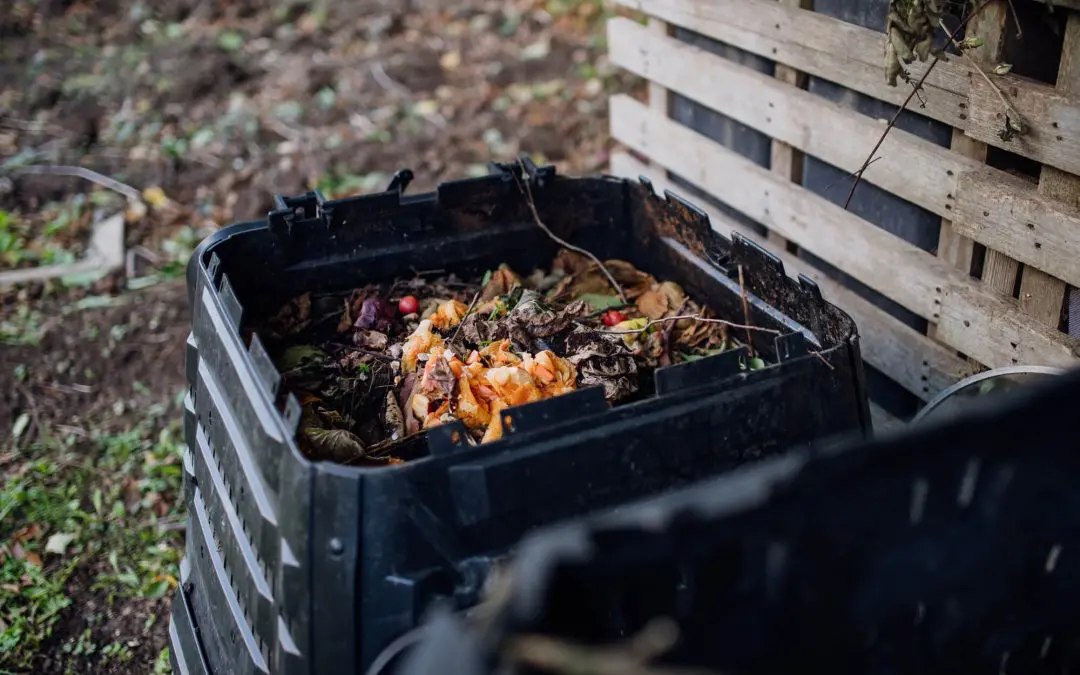Composting at home isn’t some complicated, messy chore. It’s an easy way to cut down on kitchen waste and give your garden a steady supply of nutrient-rich soil. You don’t need a huge backyard or fancy equipment to get started—just a few basics and a little consistency. Whether you’re growing vegetables, flowers, or just trying to cut down on trash, composting at home can make a real difference.
What Is Compost, Really?
Compost is the result of letting organic materials like food scraps and yard waste break down naturally. Over time, these materials decompose into a rich, dark soil-like substance that’s packed with nutrients. It’s sometimes called “black gold” for how well it boosts plant health and soil quality.
At its core, composting is just nature doing its thing—microorganisms, moisture, and oxygen work together to break everything down. Your job is to give those elements the right environment to do their work.
What Can You Compost?
Most kitchen and yard scraps can go into a compost pile. Fruit and vegetable peels, coffee grounds, eggshells, tea bags, and even old flowers are all fair game. Grass clippings and dry leaves help balance things out. What you want is a mix of “greens” (wet, nitrogen-rich materials) and “browns” (dry, carbon-rich materials).
Avoid things like meat, dairy, and oily food scraps. They break down slower, smell bad, and can attract pests. Also skip anything synthetic—no plastic, metal, or chemically treated wood.
How to Start Composting at Home
You don’t need a fancy setup. A corner of your yard, a compost bin, or even a sealed container on your balcony can work. If you’ve got outdoor space, choose a shady spot that drains well. Pile your materials in layers—greens, then browns—and keep the pile slightly moist, like a wrung-out sponge.
Turn it with a shovel or pitchfork every week or two to help air circulate and speed things up. If you’re doing it indoors or in a small space, a compost tumbler or countertop bin with a charcoal filter keeps things tidy and odor-free.
Compost isn’t instant. It can take a few weeks to a few months, depending on temperature, moisture, and how often you turn it. You’ll know it’s ready when it looks dark, crumbly, and smells like fresh earth—not garbage.
Common Composting Mistakes (and How to Avoid Them)
One mistake people make is adding too much of one type of material. If your compost smells bad or looks slimy, you probably need more browns. If it’s dry and not breaking down, it needs more greens or a splash of water.
Another common issue is not turning the pile. Compost needs air to break down properly. A stagnant pile takes longer and can get compacted. Keep it moving and breathing, and the process will stay on track.
Don’t stress about perfection. Composting is forgiving. Even if your pile isn’t perfect, nature will still do most of the work.
How to Use Your Finished Compost
Once your compost is ready, you can mix it into garden beds, spread it over lawns, or use it in potted plants. It boosts soil structure, helps retain moisture, and feeds your plants naturally. There’s no need to overthink it—just work it into the top few inches of soil, and your garden will take it from there.
If you have more compost than you can use, neighbors or community gardens might be happy to take some off your hands. It’s always in demand.
Starting a compost pile is one of the simplest steps you can take to cut waste and boost your garden’s health. Keep it simple, stay consistent, and let nature do the rest.
FAQs for Composting at Home
How long does composting take?
It depends on the setup, materials, and how often you turn it. In warm weather with the right balance of greens and browns, compost can be ready in as little as 4 to 8 weeks. Cooler temps or less frequent turning can stretch that to several months.
Does composting smell bad?
A well-maintained compost pile should smell earthy, not rotten. If it starts to stink, it usually means there’s too much moisture or too many wet, green materials. Add more browns like dry leaves or shredded paper and give it a good turn.
Can I compost indoors?
Yes. There are compact bins designed for small spaces, some with charcoal filters to keep odors down. You can also try bokashi or vermicomposting if you want to go a step further indoors.
Is composting worth the effort?
Absolutely. You reduce your trash, help the environment, and create something incredibly valuable for your garden. Once you get into the rhythm, it becomes second nature.
Can I compost paper products?
Yes, as long as they’re plain and uncoated. Shredded newspaper, cardboard, and paper towels (without chemicals or grease) are great brown materials.
Do I need worms to compost?
No, but they help. Worms naturally show up in outdoor compost piles and speed up the process. If you’re composting indoors, vermicomposting with red wigglers is an option, but not required.
Five Stars Home Inspection provides home inspections in the Greater Boston area. Contact us to schedule our services.

